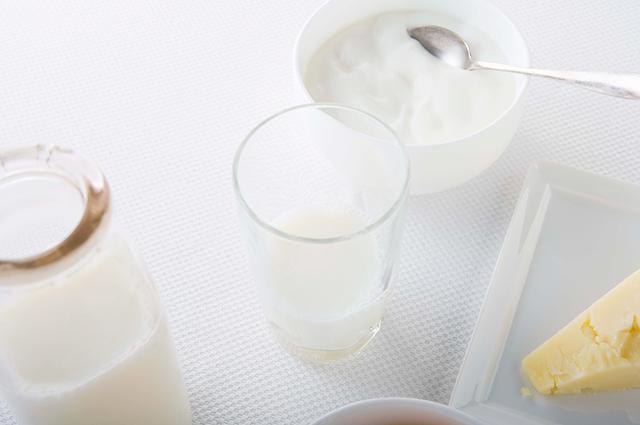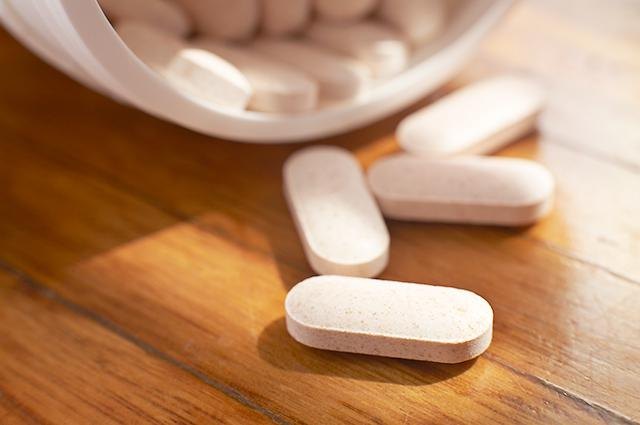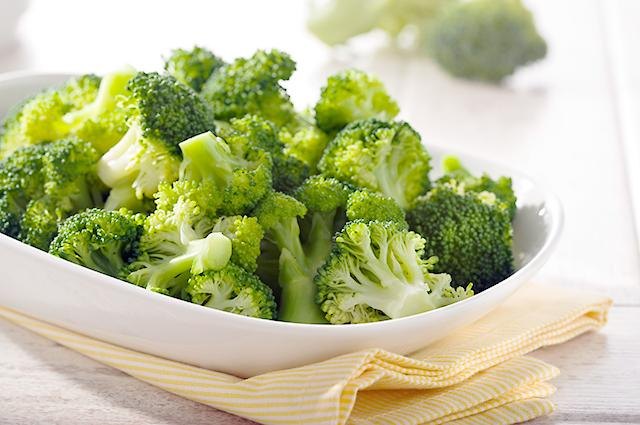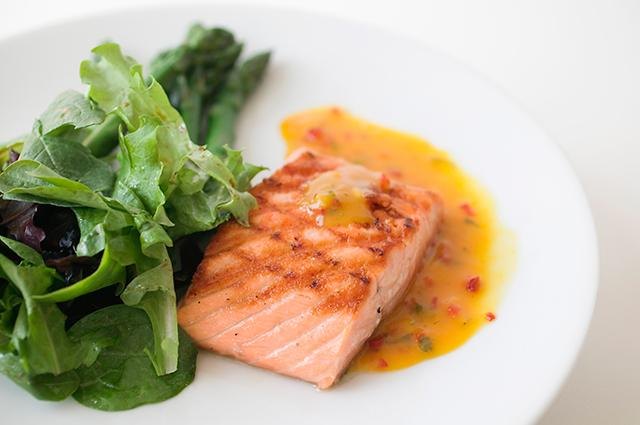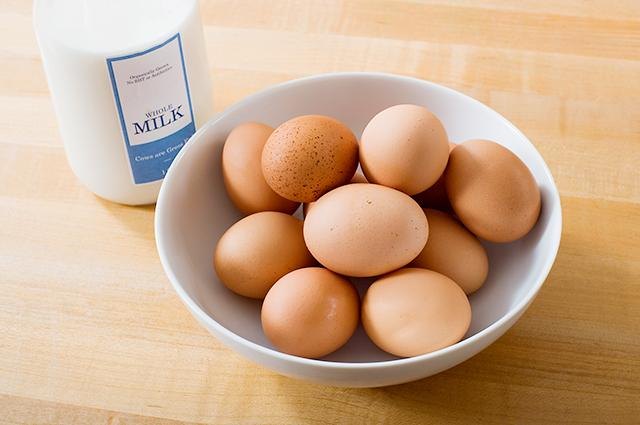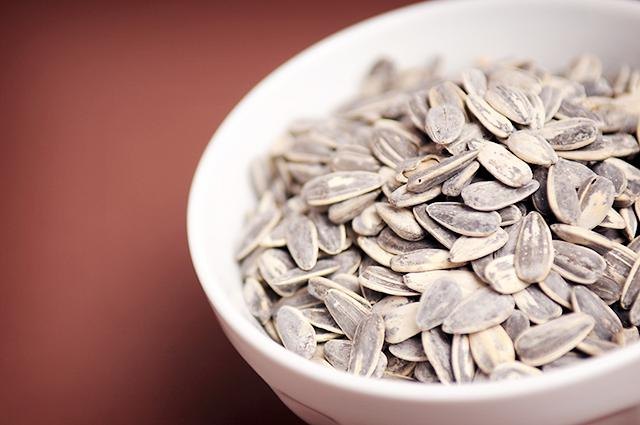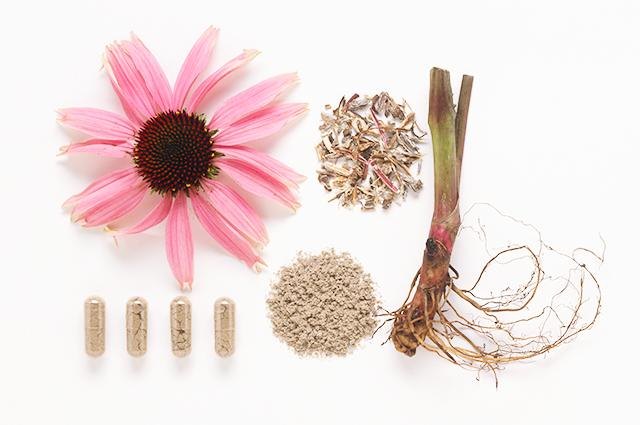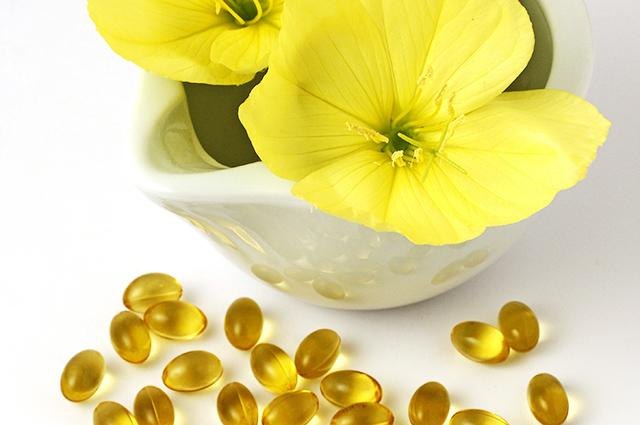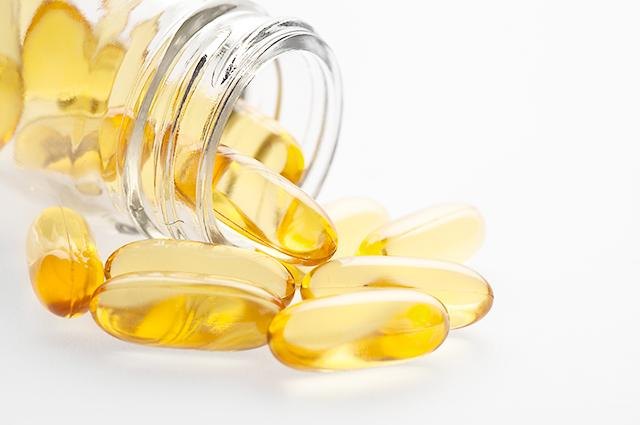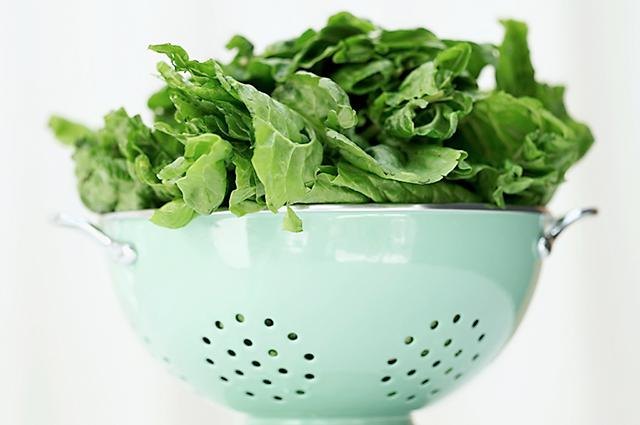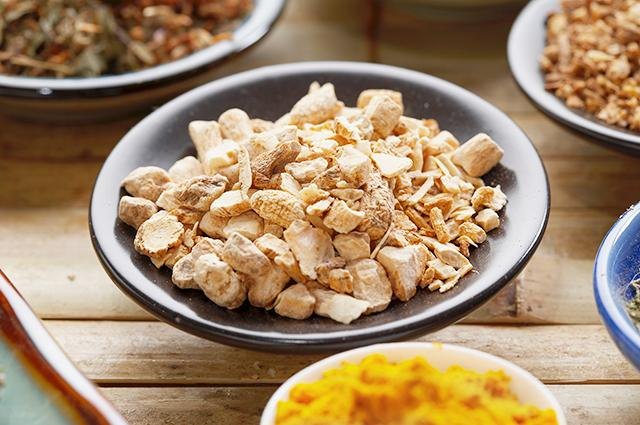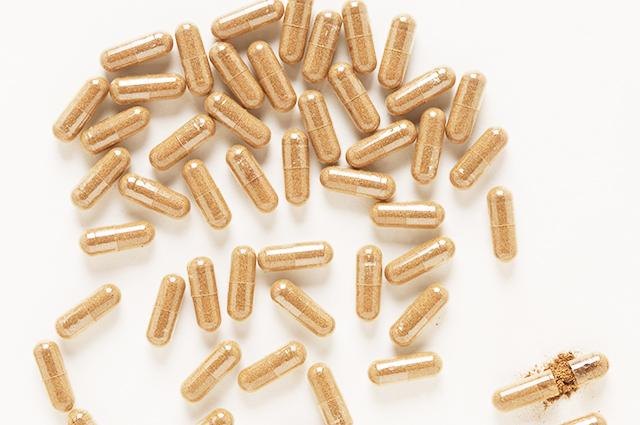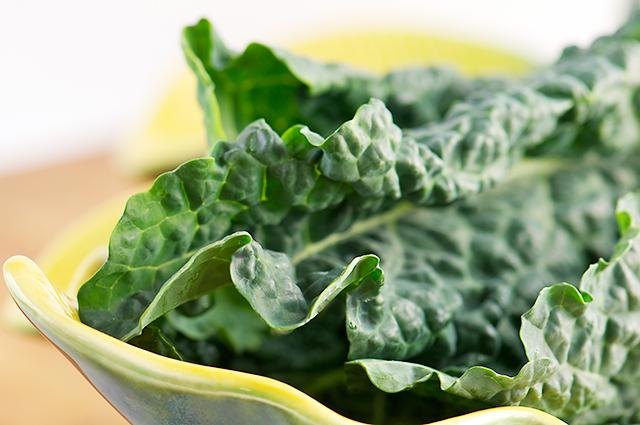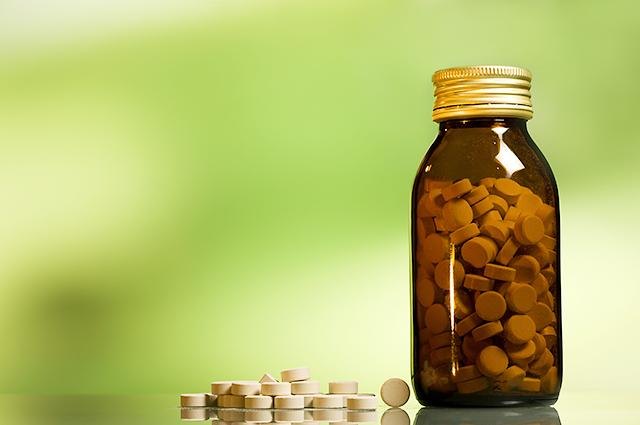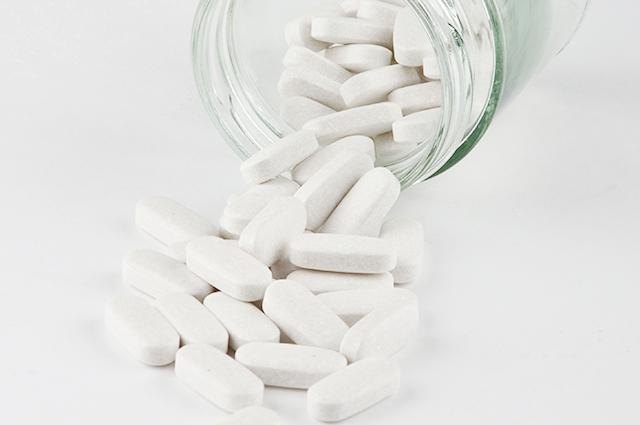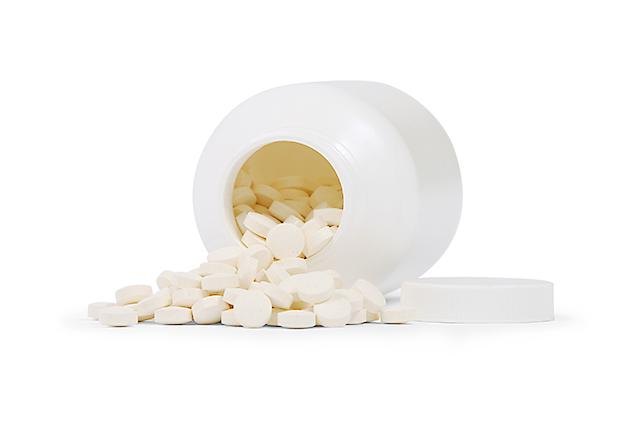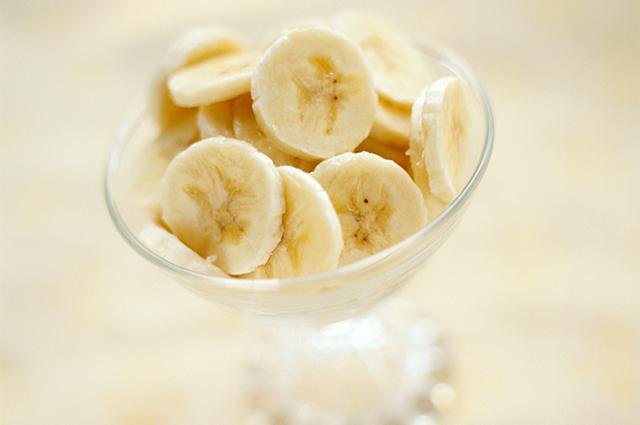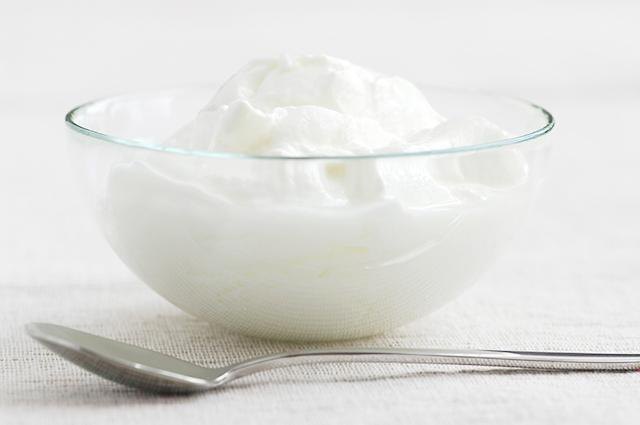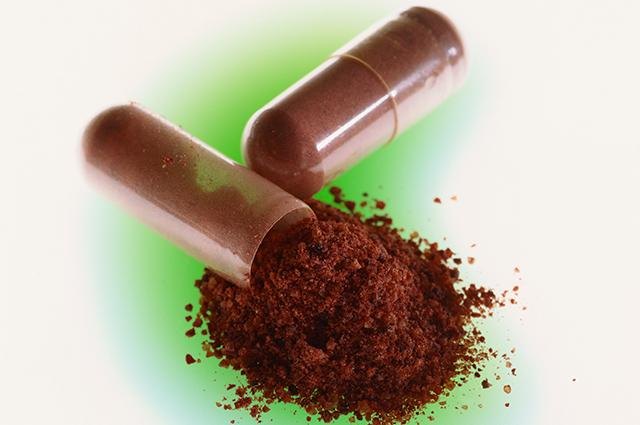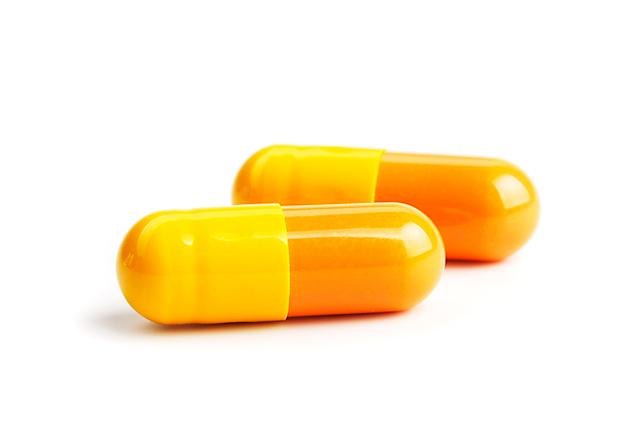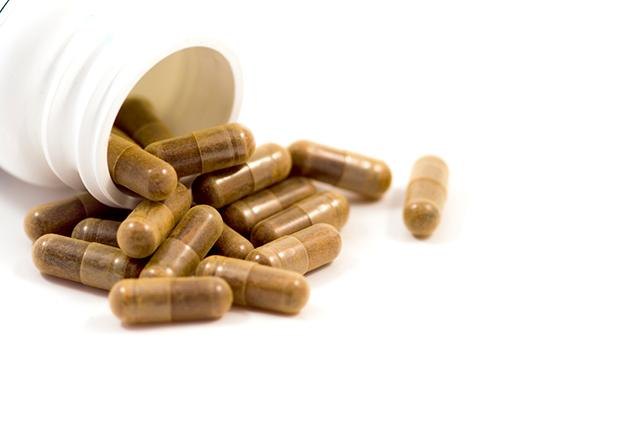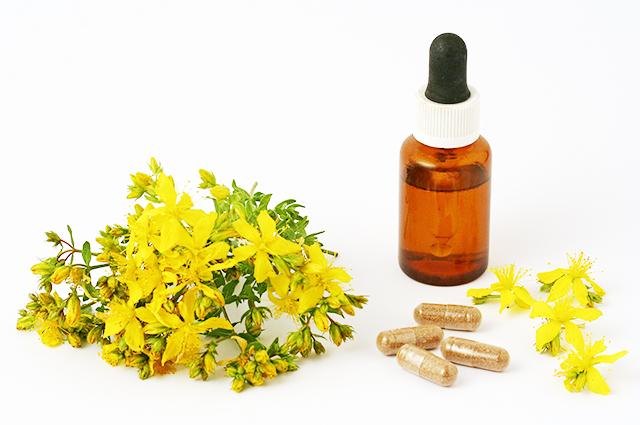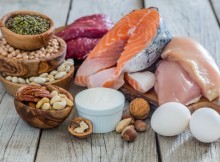43 kinds of supplement exposure: which to consider and which to avoid
Advertisements

Advertisements
it may be frightening to face the shelves of vitamins and supplements in drugstores or grocery stores. How do you tell b1 from B6, chromium from chondroitin, or lutein from lysine? Eating a balanced diet rich in vegetables, fruits, fish and lean protein can eliminate the need for many supplements. But even the healthiest eaters may need supplements to counteract the effects of genes, lifestyle and health history. For example, do you know which two minerals are lost by sweating (may need to be replenished)? We have a mineral on our list that 68% of Americans lack every day. Do you know which vitamins are dangerous in large doses? We examined 43 supplements from a to Z. (Note: please consult your doctor before you start taking any supplements.)
integral: robshoto / Adobe block read more : the top 15 are for adjusting your gluteus maximus. Vitamin B1, also known as thiamine, breaks down carbohydrates and proteins to synthesize some neurotransmitters. B1 has been added to many energy drinks and sports drinks, although studies have yet to show that B1 supplements are good for people who already have a full diet. Some good sources of thiamine are eggs, peas and beans. Vitamin B6 is also known as pyridoxine. Vitamin B6 plays a key role in hemoglobin, which is necessary for oxygen delivery throughout the body. As a result, pyridoxine is often used as a supplement to improve motor performance, although there is no clinical support for such benefits. B6 is part of a healthy diet, and overdose can cause nervous system problems such as balance problems and loss of sensation in the extremities, so it is not recommended to supplement. B6 can be found in Turkey, salmon and sunflower seeds. read more: 10 short cuts to exercise muscles and burn fat. Since vitamin B12 (cobalamin) only exists in meat, poultry, milk and eggs and other animal products, vegetarians and vegetarians should supplement vitamin B12 to ensure the availability of this vitamin. B12 supplementation may also be needed in the elderly and those with inflammatory bowel or digestive diseases, which may reduce B12 absorption. B12 deficiency can lead to a particular type of anemia, which can make you feel tired and weak. The credit of Credit: iStock is a kind of Ranunculaceae herb, which is used to treat climacteric symptoms. Some studies have shown that reducing the frequency of hot flashes is beneficial, while others have no effect. Therefore, black cohosh may be effective. Some women have sex, but patients with liver disease should avoid it. Vitamin C vitamin C (also known as ascorbic acid) is a water-soluble vitamin and antioxidant, which needs collagen, a protein that can enhance connective tissue, bone, teeth, cartilage and skin. Vitamin C deficiency is rare in the United States. Its supplement is touted as its immune enhancing effect, but cold symptoms begin to show no effect on severity or duration of the cold during or after taking vitamin C. Too much vitamin C (due to supplements) can cause diarrhea, nausea and stomach cramps. Strawberries and oranges are important sources of vitamin C. credit card: iStock read more: 11 Americans are not getting enough nutrition. Chondroitin is part of the protein found in cartilage. As a supplement, chondroitin has traditionally been combined with glucosamine to reduce the symptoms of osteoarthritis. Chondroitin acts like a hemodilution drug. Therefore, chondtroitin should notTake with these drugs or blood thinning vitamins and supplements such as vitamin E and fish oil. This can cause extreme thinning and abnormal bleeding. integral: iStock Credit: iStock is a supplement extracted from cod liver. Cod liver oil is different from other fish oil supplements only containing omega-3 fatty acids EPA and DHA. Cod liver oil also contains vitamins A and D. High doses of cod liver oil are not recommended due to the risk of vitamin A and D toxicity, which can cause nausea and vomiting. Cod liver oil can also cause "fishy smell" of hiccups, resulting in halitosis. Credit: iStock please read more : 13 best lean animal proteins is one of the most popular supplements. Taking ginseng can improve blood glucose level, exercise ability, mental acuity and overall vitality. It may also contribute to erectile dysfunction. Since ginseng can act as a stimulant, side effects may include stress and sleep problems. The credit of Credit: iStock Credit: iStock integral: Getty Images read more : ingredients to avoid in 10 kinds of bread (in addition, 7 kinds of bread brands are your best choice!) Credit: I check Credit: iStock probiotics is a term used to describe healthy bacteria, which helps to maintain the best balance of the gut, to promote digestion and improve immunity. Lactobacillus acidophilus is a kind of probiotics. In addition to being a supplement, it also exists in dairy products, such as yoghurt and white cheese with active medium. Probiotics are often used to fight the causes of diarrhea and to control the onset of inflammatory bowel disease. read more: 13 amazing probiotic foods Credit: iStock SAM-e (representing S-adenosylmethionine) is an amino acid produced in the liver. SAM-e is used to treat depression, arthritis pain and ADHD. It is also thought to prevent liver damage. Since the dosage of SAM-e varies greatly, it is best to consult a health professional before use. Credit: iStock Advertisements strong> read more a herbal supplement from goat grass, St. John's wort has been used for centuries to treat depression and anxiety symptoms. However, the findings vary. A study in October 2005 found that St. John's wort was more effective in treating depression than fluoxetine. In April 2002, a large-scale study found that St. John's wort had no benefit over placebo in the treatment of depression. St. John's wort also has multiple drug interactions, so it can only be taken under the supervision of a doctor. Side effects are unusual, but may include fatigue, stomach pain, anxiety, sexual dysfunction, dizziness, headache, and dry mouth. read more : 12 of the most overrated supplements Advertisements 1. Vitamin A plays an important role in immune function, growth, reproduction and cell development. Interesting fact: it can also make eyes recover in bright light! Vitamin A is also essential for the normal growth of bone. Lack of vitamin A will lead to the weakening of bone. In other words, long-term intake of high vitamin A may be toxic, and the safer choice is vitamin A or β - carotene. Carrots are a good source of vitamin A. Source: Getty Images
2. Arginine is a very popular amino acid, which can increase the blood flow of muscle, promote the delivery of nutrients and muscle pumping, so as to increase the size and strength of muscle. Arginine can make the body produce nitric oxide, a compound responsible for dilating blood vessels, but there is little scientific basis for supplementing arginine to increase blood flow. Other shortcomings? A dose of 5 to 9 grams is needed to increase blood flow, which can cause significant stomach pain and discomfort. Peanuts, spinach and lentils are foods that contain a lot of arginine. Now listen to how Seamus Mullen, a famous chef, saves himself by eating right. Multivitamin B (1, 2, 3, 5, 6, 7, 9 and 12) is a water-soluble vitamin, which plays an important role in immune function, cell replication and energy metabolism. In addition to B12, B vitamins are not easy to store in the body, and excessive vitamins will be excreted through urine. Because many B vitamins are easily found in foods such as milk and dairy products, a comprehensive diet usually does not require B vitamins.
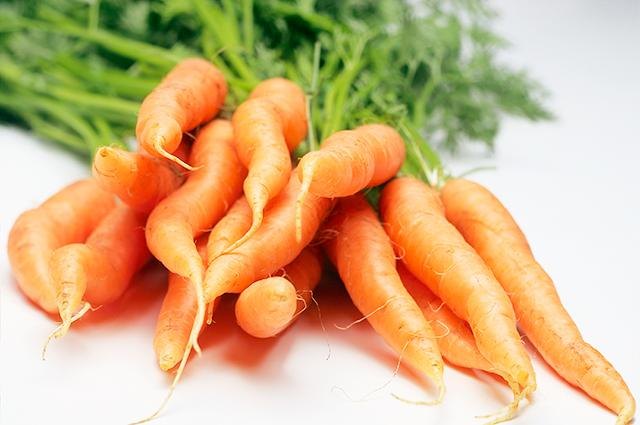
7. β - carotene is the precursor of vitamin A, which exists in red, yellow and orange fruits and vegetables, such as carrots and colored peppers. β - carotene has been widely studied. It is believed to be effective in the treatment of macular degeneration, some forms of arthritis, and exercise-induced asthma. Beta carotene has been shown to be ineffective in the treatment of heart disease and most other cancers, except for ovarian cancer in postmenopausal women. High doses of beta carotene (from supplements or food) can turn the skin yellow or orange. Biotin, originally known as vitamin H, is used in the metabolism of protein, carbohydrate and fat. Because it's widespread in our diet, biotin deficiency is often rare, and there's no reason to supplement it unless your doctor specifies it. In addition, there is no evidence that adding additional biotin improves performance. The food sources of biotin include mushrooms, avocados, wheat bran and broccoli. Please read more: 20 tips to lose weight.
9. Black cohosh
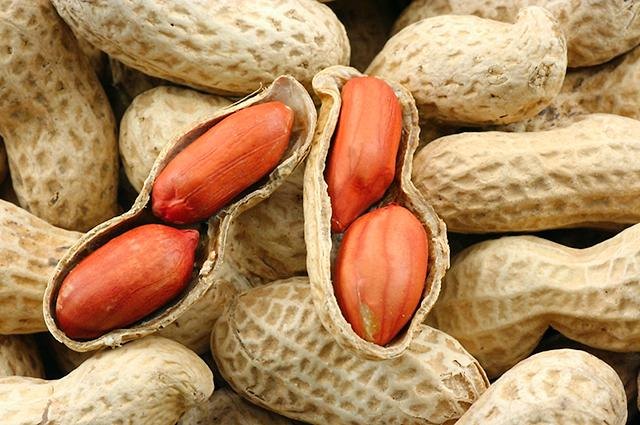
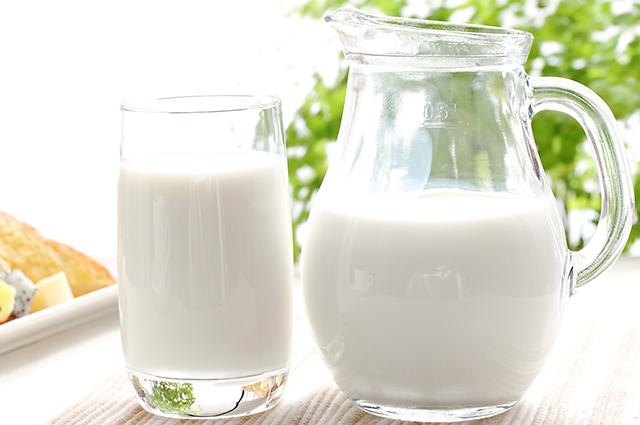
11. Calcium is the most abundant mineral in human body. Calcium is used for bone formation. An important fact for livestrong.com users is that calcium can be lost by sweating. Therefore, positive people (especially women) should know their calcium intake. For those who don't eat dairy products, calcium supplements are wise. However, be careful not to overdo it, because too much calcium can lead to the formation of kidney stones.
13. Chromium picolinate is a trace mineral found in broccoli, potatoes, cheese, lean meat, beef, some spices and whole grains. Most people get enough chromium in their diet. Chromium has been a popular weight-loss supplement for decades because it can improve the effect of insulin in the body; however, clinical trials have failed to show any weight-loss effect due to chromium supplementation. Although there is little evidence, taking chromium may be beneficial for patients with type 2 diabetes, but this should be discussed with a doctor.
14. Cod liver oil
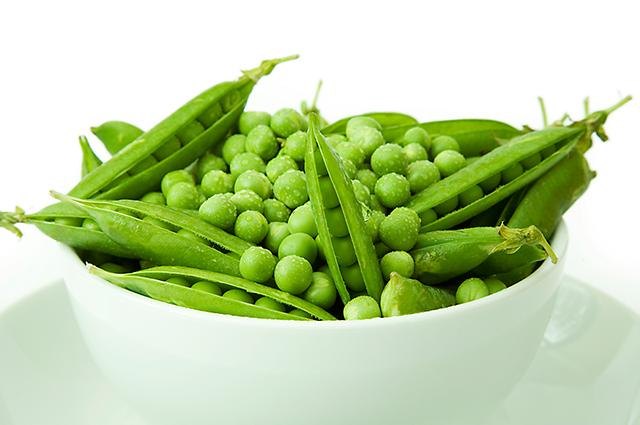
15. Conjugated linolenic acid is also called cla. Conjugated linolenic acid is an omega-6 fatty acid in beef and dairy products. Studies on animals show that CLA is a potential anti-inflammatory, weight-loss and even anti-cancer compound. However, further studies have not shown a significant transfer of these benefits to humans, and the safety of CLA to humans has not yet been determined. Please read more: 8 things to consider when choosing protein powder Coenzyme Q10 is a naturally occurring antioxidant and is also found in whole grains and oily fish such as tuna, salmon and sardines. As we age, our coenzyme Q10 levels decline, although this can be offset by supplementation or diet. Some studies have shown that coenzyme Q10 plays a role in reducing the risk of heart disease and may even play a role in healthy skin, sperm mobility levels and the treatment of Alzheimer's disease. Cranberry extract is the most commonly used drug in the treatment of urinary tract infection. Compounds found in cranberries prevent E. coli from attaching to the wall of the urethra, effectively preventing infection. Cranberry extract also reduces the severity of stroke and the risk of cavities. Vitamin D is a fat soluble compound found in milk, egg yolks and mushrooms grown under ultraviolet light. Sunlight is the main source of vitamin D. Lack of sunlight, living in northern latitudes, and darker skin will reduce the body's natural ability to absorb vitamin D. Vitamin D is a hot research topic. It can protect some types of cancer, bone loss and even obesity again. Dehydroepiandrosterone (DHEA) is a steroid precursor of estrogen and testosterone. DHEA levels peaked in a person's 20s and declined with age. At first, DHEA was considered as an effective anti-aging supplement, but the research has refuted the influence of DHEA on body composition, bone strength, insulin sensitivity and so on. However, DHEA has shown promise in the treatment of female schizophrenia, improvement of lupus symptoms and male sexual dysfunction, but more research is needed to support these claims. Vitamin E is a fat soluble compound found in sunflowers. DS, wheat germ, olive, spinach and asparagus. Because vitamin E is an antioxidant, it can protect cells from oxidative stress and damage. Vitamin E was thought to reduce the risk of cardiovascular disease, but clinical trials have shown little effect since then. Studies also show that there is little evidence to support the use of vitamin E to improve mental function or prevent cancer.
21. Echinacea purpurea is a kind of herbal supplement from Echinacea, which is used to treat cold and enhance immune function. Its use is generally considered safe, but it is not recommended for those with serious diseases. The efficacy of Echinacea in the treatment of diseases is unclear because of the uneven results of scientific research. It is still considered an effective treatment (but not prevention) for the common cold. Echinacea may reduce the efficacy of immunosuppressive drugs, and some people may be allergic to it. Evening primrose oil is extracted from Evening Primrose Flower and rich in anti-inflammatory omega-6 fatty γ - linolenic acid (GLA). Gla is an essential fatty acid found in small amounts in a typical diet. Evening primrose oil has anti-inflammatory effect and has certain curative effect on premenstrual syndrome, eczema and arthritis. Side effects include headaches and abdominal pain. Fish oil is used to help reduce triglycerides. Fish oil is believed to have a positive effect on depression, anxiety, weight and joint function. The minimum recommended intake of EPA and DHA is 100 mg / day. Doctors can prescribe up to 3000 milligrams a day to reduce blood triglyceride levels. Folate is a B vitamin, which plays an indispensable role in metabolism and DNA replication. This makes folic acid very important in the early stages of fetal growth. Folic acid is recommended for pregnant women and those trying to conceive to prevent birth defects. Spinach, nuts and beans contain folate, which is found in many breads, pasta and breakfast cereals. Please read more: 8 tips for non-traditional protein sources and adding more protein to the diet. In addition to being eaten in some very delicious pasta, garlic is also widely used as a supplement to treat the risk of heart disease and prevent gastric and colon cancer. Clinical trials do not support the use of garlic supplements to reduce high cholesterol, but garlic may help reduce blood pressure in hypertensive patients. Ginseng

27. Glucosamine is extracted from the shells of shellfish to relieve the symptoms of osteoarthritis. It is believed to be safe with minimal side effects, although those allergic to shellfish should make sure to choose a synthetic supplement. Iron is a mineral that transports oxygen to the blood and muscles through hemoglobin (in red blood cells) and myoglobin (in muscle cells). Iron deficiency can lead to anemia, weakness, headache and pale skin. Due to excessiveIron is toxic to humans, so supplementation is not recommended unless additional iron is required to be confirmed by a doctor and blood test. The sources of iron are meat, poultry and fish. Please read more: the 10 worst foods you can buy.
29. Lutein, also known as lutein, is a natural pigment synthesized by some microorganisms and plants. Lutein is an antioxidant and carotenoid that may be beneficial in maintaining eye health. Food sources of lutein include green leafy vegetables such as kale, spinach, lettuce and kale. Lutein is also found in egg yolks and pistachios.
30. Lysine is an essential amino acid that can be used to reduce the severity and duration of cold sores. The recommended dosage is 1g. Lysine in the diet is safe, but supplementation can lead to gallstones and kidney dysfunction. The food sources of lysine are beans, peas, lentils and poultry. Magnesium, a mineral stored primarily in bones, muscles, and organs, is responsible for more than 300 different reactions in the body, including maintaining your energy levels, helping you relax, and maintaining the health of your heart and blood vessels. Like other minerals, magnesium is lost through sweating during exercise. As a result, many athletes and other hard-working people may not get enough magnesium. A 2005 study found that 68% of Americans don't get enough magnesium, and the average intake is far below the current recommendations. The adult supplement dose starts at about 300 mg per day.
32. Melatonin (a hormone released by the brain's pineal gland) is responsible for preparing your body for sleep. Melatonin is released along with darkness and related circadian rhythms. Overexposure to artificial light can affect the natural release of melatonin. Melatonin supplements are often used as sleep aids for insomnia, shift sleep disorders, and jet lag. Side effects include daytime drowsiness, mood changes, and elevated cholesterol.
33. Milk thistle or silymarin have been used for thousands of years to treat many health conditions. It contains silymarin, antioxidants and anti-inflammatory, which can benefit the liver and heart. Although milk thistle is generally considered safe, it can cause stomach discomfort, diarrhea, and rashes. If people are allergic to ragweed, they should avoid milk thistle. Niacin is a common name for vitamin B3 found in meat, poultry, fish and fortified grains. Its most important function is to help the body generate energy. It helps release calcium stored in the body, which is important for the health of hair, skin and nails. In severe cases, high doses of niacin can damage the liver.
35. Potassium is also an electrolyte, a mineral that plays a key role in heart and bone health. Although inadequate potassium intake increases the risk of heart disease and high blood pressure, high levels of potassium intake can have a negative impact on heart function and are dangerous. Get plenty of potassium from a diet rich in vegetables and fruits such as bananas and avocados. Probiotics

37. Red rice yeast is made of rice fermented by Monascus purpureus. It has a long history as a food and medicine product in China and Japan. Today, it's sold as a supplement for cholesterol lowering and many other health promoting purposes. Side effects include stomach pain, heartburn, nausea and diarrhea. SAM-e

39. Saw palmetto is a palm plant that grows in the southeast of the United States. It has traditionally been used in the treatment of bladder disease, alopecia, hormone imbalance and prostate hypertrophy. However, recent clinical trials have not shown any significant effect on BPH. The possible side effects of Sabal include stomach pain, nausea, gastrointestinal discomfort, dizziness and headache. Selenium is a mineral and powerful antioxidant in the ocean, poultry, eggs and whole grains. Selenium is related to the reduced incidence of various cancers and the stimulation of the immune system. Adequate selenium intake also seems to prevent cardiovascular disease and support male fertility. Since selenium is a trace mineral, only a small dose of selenium is needed, and it is not recommended to supplement. Selenium may be toxic at high doses.
41. Soybean isoflavone is a kind of special antioxidant in soybean, which combines with estrogen receptor of body. Soy isoflavones can lower cholesterol and prevent heart attacks and strokes. Isoflavones can reduce the production of cells in vivo, which leads to the formation of arterial plaque. Although soy and isoflavones are safe for most people, they can cause side effects such as nausea, flatulence and constipation. St. John's wort
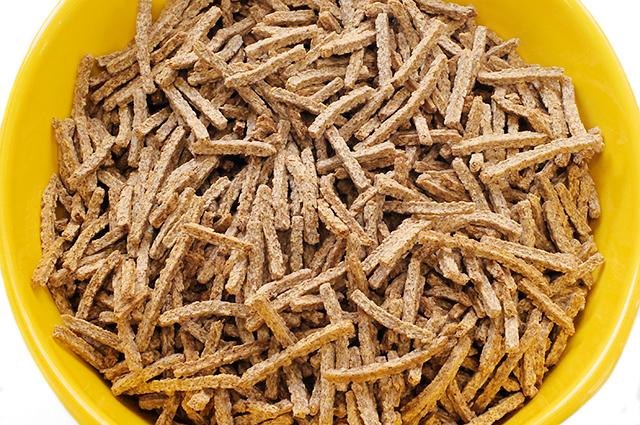
43. Zinc is an importantMinerals found in seafood, poultry, beef, nuts, dark chocolate and fortified cereals. It plays an important role in cell growth, the immune system, and maintaining the sense of smell and taste. Zinc also helps shorten the duration of colds and promote wound healing. Zinc deficiency is uncommon, but vegetarians, alcoholics, and the elderly all have a low risk of zinc. The body cannot store zinc, so it is essential to get enough zinc through diet or supplement.


